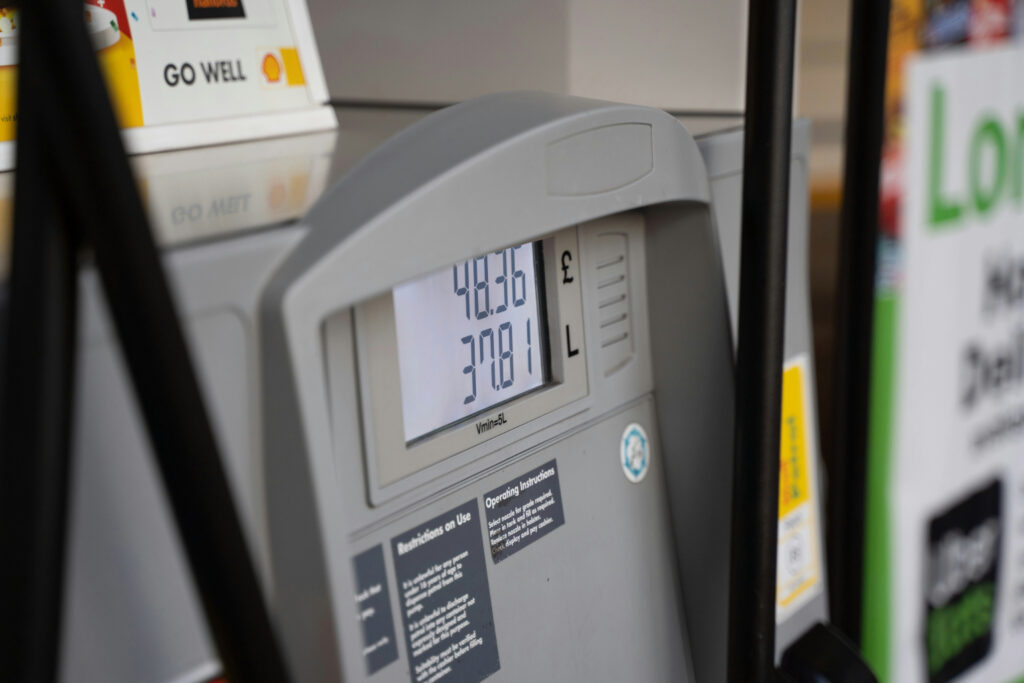Buying fuel can be confusing — especially if you don’t have a strong background in fuel management. There are many steps involved, from monitoring fuel prices to comparing quotes from vendors. Below, we’ll define fuel procurement and discuss its importance for fleet managers. We’ll also shed light on the best practices and top tools you can use to buy fuel at a low cost.
What Is Fuel Procurement?
Fuel procurement is the process of buying fuel at a competitive price, typically for a fleet. It involves comparing prices from suppliers, negotiating contracts and buying fuel to meet the needs of the business.
Why Is Fuel Procurement Important?
Effective fuel procurement enables businesses and industries dependent on fuel to operate. It directly impacts operational costs, efficiency and sustainability. With volatile fuel prices and environmental concerns, you can strategically purchase fuel to save money, reduce risks and support sustainability goals.
Best Practices When Buying Fuel
Here are some best practices to follow when buying fuel for your fleet:
- Conducting market research to identify pricing trends and supply dynamics.
- Developing strong relationships with fuel suppliers and negotiating favorable terms.
- Using fuel hedging strategies to mitigate price volatility and minimize financial risks.
- Integrating sustainability criteria into supplier selection and procurement processes to support environmental goals.
- Hiring a fuel procurement company like Sokolis to handle your fuel program.
- Leveraging fuel data to optimize procurement and streamline operations.
Top Fuel Procurement Software
To simplify procurement, you can use software platforms with the following capabilities:
- Fuel price monitoring software for real-time market intelligence.
- Supplier management systems to streamline vendor selection and performance tracking.
- Fuel management platforms for inventory tracking, consumption monitoring, and compliance reporting.
- Risk management tools for hedging, forecasting, and scenario analysis.
- Sustainability assessment tools for evaluating environmental impacts and carbon emissions.
5 Steps to Successful Fuel Purchasing
- Assess your current fuel buying process and identify areas for improvement.
- Invest in training and resources to build fuel purchasing expertise within the organization.
- Explore partnership opportunities with fuel suppliers and industry associations for insights and best practices.
- Test new procurement strategies and technologies.
- Evaluate and adjust procurement strategies based on performance metrics and market dynamics.
By embracing strategic fuel purchasing practices and leveraging technology solutions, businesses can enhance operational efficiency, reduce costs, and achieve their sustainability objectives in a changing energy landscape.
See how much Sokolis can drive down your fuel costs by scheduling a free consultation.
